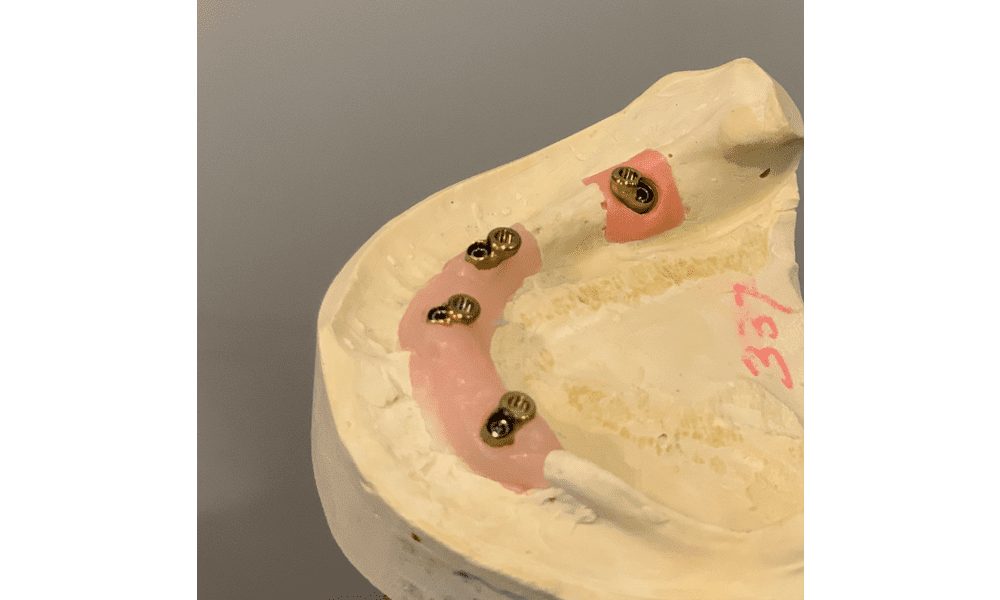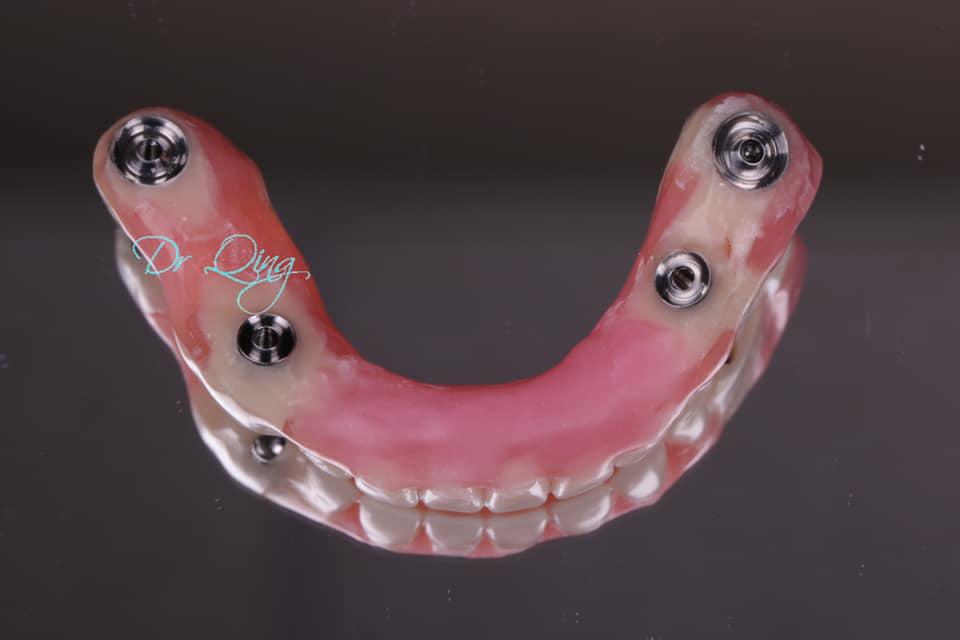Posted by Bucks Dental
Uncategorised
on Oct 25 2024, 03:12 AM
When it comes to maintaining a healthy smile, dental crowns play an essential role that goes far beyond mere aesthetics. Many people think of crowns as just another cosmetic fix, but they serve a vital purpose in restorative dentistry. Whether you're dealing with decay, damage, or even the aftermath of root canal therapy, these versatile dental solutions can make all the difference. If you're in Lansdale, PA, and considering your options for restoring your teeth, understanding how crowns work and their benefits will empower you to make informed decisions about your oral health. Let’s dive into everything you need to know about this crucial aspect of dental care!
Dental crowns are custom-made caps designed to cover damaged or weakened teeth. They restore the tooth's shape, size, and strength while enhancing its appearance. Crowns can be crafted from various materials, including porcelain, metal, or a combination of both.
The process begins with your dentist assessing the condition of your tooth. If it's severely decayed or fractured, a crown may be necessary to protect it from further harm. After preparing the tooth by removing any decay and shaping it for support, an impression is taken.
This impression helps create a precise mold for the crown. Once complete, it fits snugly over your natural tooth like a protective shield. Dental crowns not only provide structural integrity but also blend seamlessly with surrounding teeth for a natural look that boosts confidence in your smile!
Dental crowns come in several types, each designed for specific needs. Porcelain crowns are popular due to their natural appearance. They blend well with existing teeth, making them ideal for front teeth.
Metal crowns offer durability and strength. Often made of gold or other alloys, they can withstand heavy chewing forces. These are typically used in the back of the mouth where visibility isn't a concern.
Resin crowns provide an affordable option that mimics natural tooth color but may wear down faster than porcelain or metal.
Ceramic crowns are similar to porcelain but offer enhanced strength and aesthetics—a great choice for anyone looking for both functionality and beauty.
Each type has its advantages based on your dental requirements and aesthetic preferences. Understanding these options can help you make informed decisions about your oral health care plan in Lansdale, PA.
There are several reasons why someone might need a dental crown.
Getting a dental crown typically involves two visits to your dentist in Lansdale, PA. During the first appointment, your tooth is prepared by removing any decay and shaping it for the crown. This step ensures a snug fit.
After preparation, impressions of your teeth are taken. These molds help create a custom crown that matches your bite perfectly. While waiting for the permanent crown, you’ll receive a temporary one to protect the prepared tooth.
At your second visit, the temporary crown comes off and is replaced with the final product. Your dentist will ensure proper alignment before securing it in place with dental cement.
This process not only restores functionality but also enhances aesthetics, making crowns an integral part of restorative dentistry in Lansdale, PA.
Dental crowns are designed to stand the test of time, often lasting between 10 to 15 years with proper care. Their longevity largely depends on the material used and individual oral hygiene practices.
Regular dental check-ups are crucial. A professional can monitor the condition of your crown and surrounding teeth. This proactive approach helps catch any issues before they escalate.
Maintaining good oral hygiene is essential. Brush twice a day and floss daily to keep plaque at bay. Avoiding hard foods also protects both natural teeth and crowns from damage.
Be mindful of habits like grinding or clenching your teeth, as these can wear down crowns prematurely. If you notice excessive wear, consult your dentist about protective options such as night guards.
With dedication to maintenance, crowns in Lansdale, PA, can serve you well for many years while enhancing both function and appearance. Call us to learn more.
Dental crowns are often viewed as a cosmetic enhancement, but their benefits extend far beyond aesthetics. They play a crucial role in protecting weakened teeth from further damage. When a tooth is cracked or decayed, a crown acts as a shield, preventing the issue from worsening.
Moreover, dental crowns can help maintain proper bite alignment. By covering and supporting damaged teeth, they ensure that the pressure during chewing is evenly distributed. This can prevent additional wear on surrounding teeth.
Crowns also contribute to oral health by aiding in the restoration of function. Patients regain confidence in their ability to chew without discomfort or worry about damaging vulnerable areas.
In some cases, they can serve as anchors for bridges or hold dental implants securely in place. Their versatility makes them an invaluable tool not just for enhancing smiles but also for promoting overall dental wellness in Lansdale, PA.
Dental crowns play a pivotal role in restorative dentistry, offering much more than just aesthetic enhancements. They provide vital support for damaged teeth, helping to restore function and maintain oral health. With various types available, individuals can choose the best option that fits their needs.
Whether you're dealing with decay or have had a root canal, the reasons for getting dental crowns are numerous. The process is straightforward and backed by modern dental practices that ensure comfort throughout your visit. Once you have your crown fitted, proper maintenance can extend its lifespan significantly.
The benefits of crowns go beyond visual appeal; they improve overall oral health by protecting vulnerable teeth and preventing further damage. If you're considering options for enhancing your smile while prioritizing functionality, exploring crowns in Lansdale, PA, might be an excellent step toward better dental wellness. Embrace the possibility of restoring both confidence and health through this essential aspect of restorative dentistry.
To find out more about the dental services offered at Bucks Dental, call (215)-220-3395 or schedule an online consultation. You can also visit us at 1151 S Broad St, Lansdale, PA 19446.

When it comes to maintaining a healthy smile, dental crowns play an essential role that goes far beyond …

When it comes to maintaining a healthy smile, dental crowns play an essential role that goes far beyond …

When it comes to maintaining a healthy smile, dental crowns play an essential role that goes far beyond …
MON Closed
TUE 8:00 am - 5:00 pm
WED 9:00 am - 5:00 pm
THU 8:00 am - 5:00 pm
FRI 9:00 am - 6:00 pm
SAT By appointments only.
SUN Closed